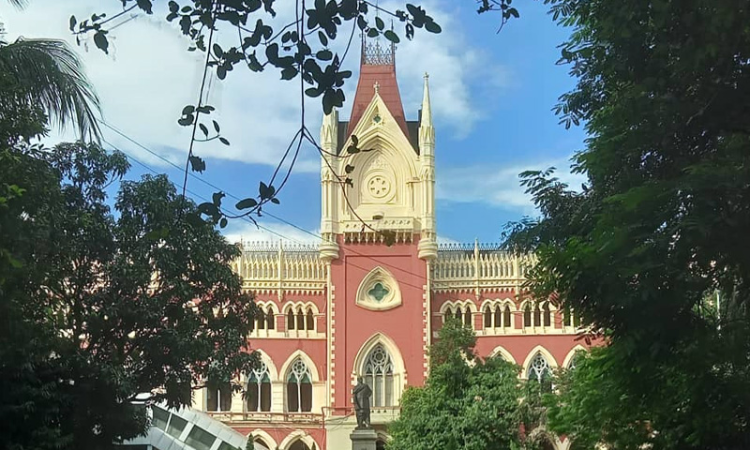POSH Act Applicable To Girl Students Of A School: Calcutta High Court
Aaratrika Bhaumik
27 Jan 2022 2:09 PM IST

Next Story
27 Jan 2022 2:09 PM IST
The Calcutta High Court on Monday observed that the provisions of the Sexual Harassment of Women at Workplace (Prevention, Prohibition and Redressal) Act, 2013 (2013 Act) is applicable to girl students of a school.A Bench comprising Justice HarishTandon and Justice Rabindranath Samanta placed reliance on the definition of 'aggrieved woman' as provided under Section 2 (a) of the 2013 Act...
